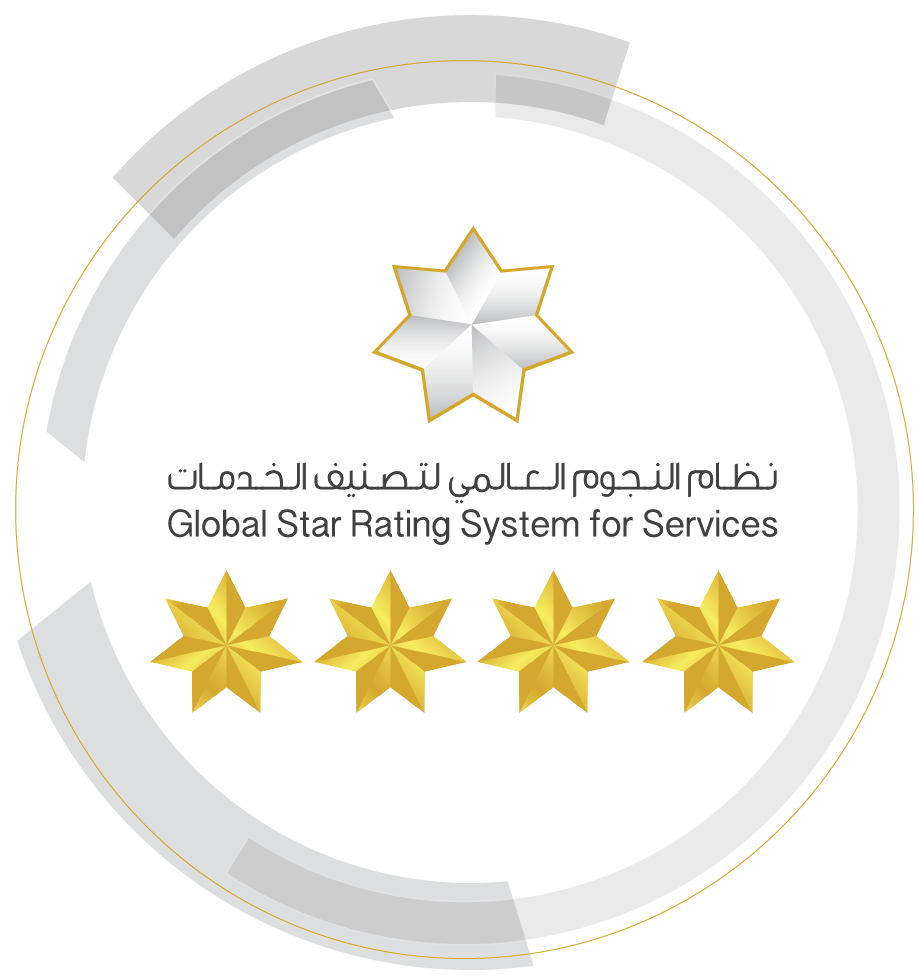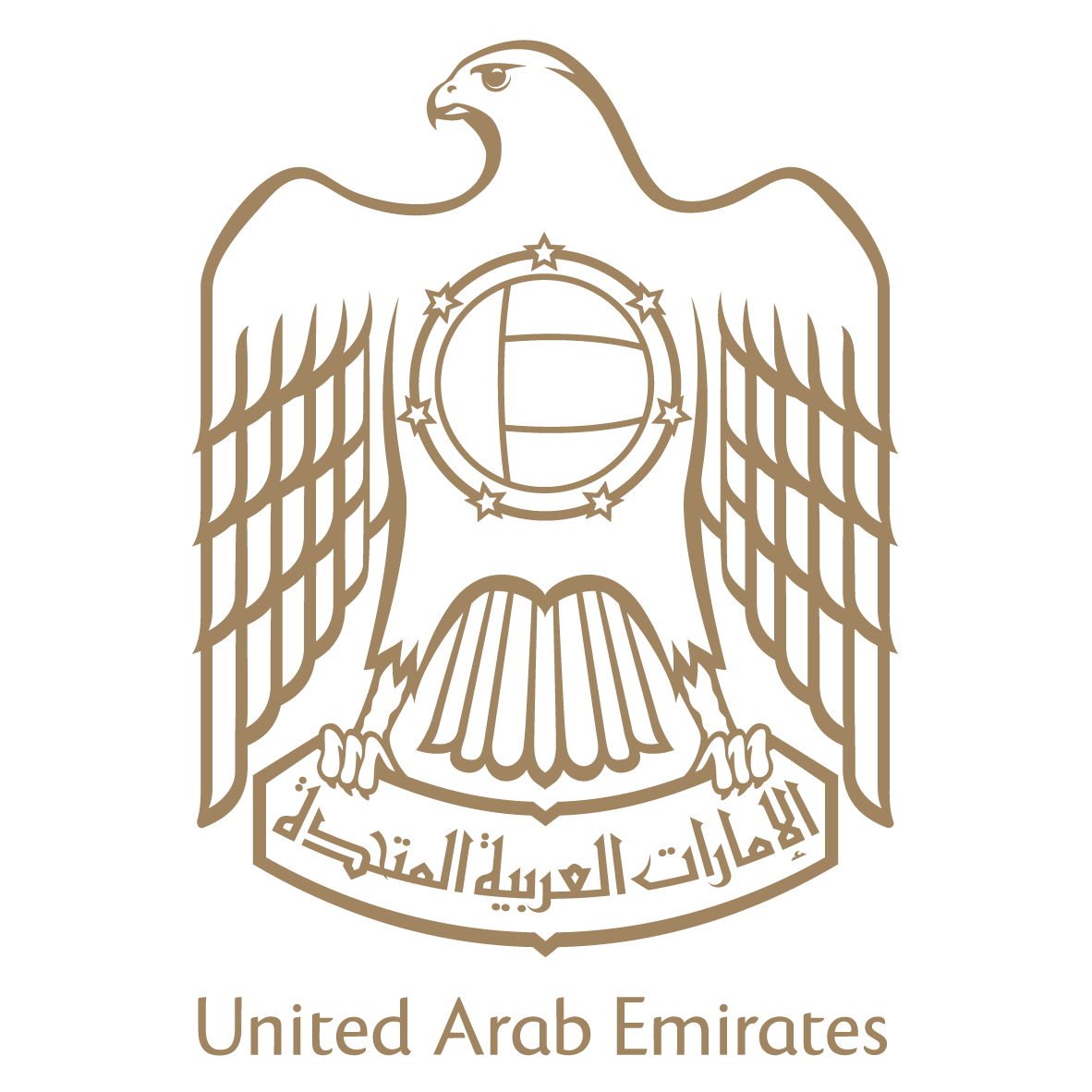Vision, Mission & Values
Mission
Developing an integrated system with a regulatory environment for the ICT sector that protects the interests of consumers, and an integrated digital infrastructure that contributes to providing proactive and preemptive government services, and enhancing the UAE’ s competitiveness, sustainability and the quality of life of people
Vision
An innovative digital system to enhance the quality of life and the competitiveness of the country
Brief history
The Telecommunications and Digital Government Regulatory Authority (TDRA) of the United Arab Emirates (UAE) was established according to the UAE Federal Law by Decree No. 3 of 2003 – Telecom Law, on regulating the telecommunications sector in the UAE. Since its establishment, the TDRA has exceeded expectations by achieving its projected goals in record time.
The role of TDRA focuses on two fields: regulating the telecommunications sector, and enabling government entities in the field of smart transformation.
Regulating the telecommunications sector in the UAE
This vital role is derived from the UAE Telecommunication law and its Executive Regulation. The objectives of the TDRA in this context include: ensuring adequate provision of telecommunications services throughout the UAE; developing services in terms of quality and variety; ensuring quality of services by adherence to terms of licenses by licensees; encouraging ICT services in the UAE; promoting and enhancing the ICT sector within the UAE through training and development and the establishment of training institutions related to the sector; resolving disputes between the licensed operators; establishing and implementing a regulatory and policy framework; promoting new technologies; developing the country´s human capital; encouraging research and development to ensure that the UAE has a leading regional position the ICT sector.
Enabling government entities in the field of digital transformation
Law No. 3 of 2011 referred the task of the federal e-government to the TDRA. In May 2013, His Highness Sheikh Mohammed bin Rashid Al Maktoum, Vice President, UAE Prime Minister and Ruler of Dubai launched the mGovernment Initiative. The Supreme Committee was formed later, and it referred the implementation of the initiative to the TDRA, funded by the ICT Fund.
Since then, the TDRA's enabling role has been enhanced as it became responsible for the overall digital infrastructure in the country. This was embodied through the Federal Electronic Network (FedNet) and its connection with local networks in Abu Dhabi and Dubai. This role is also demonstrated in other projects such as managing the official portal of the UAE government, the establishment and development of the Government Service Bus (GSB), the (UAE PASS), the monitoring and measurement of the mGovernment enablers and others.
The TDRA was entrusted with several responsibilities related to ICT Sector within the UAE and abroad. The TDRA is responsible for representing the country in many international forums, as it was elected to the ITU Council of the United Nations for the years 2006-2010, as well as being a member of the Telecommunications Regulatory Authorities of the Arab Network (AREGNET), a member of the Arab Spectrum Management Group, and the GCC Technical Committee. Among the objectives that the TDRA seeks to achieve when implementing its competencies according to the provisions of the law is to achieve the following:
- Ensure the provision of telecommunications services throughout the country to meet the needs of those who wish to make use of such services.
- Develop the level of service provided by the telecommunications sector in order to achieve the interests of subscribers.
- Ensure that licensees adhere to quality standards of performance and to the terms and conditions stipulated in the licenses granted to them.
- Encourage, promote, and develop the ICT industry in the country.
- Develop and modernize the telecommunications system in the country through training, enabling and establishing related educational institutions, and obtaining the latest ICT devices, equipment, and facilities.
- Develop and ensure the implementation of the mGovernment initiatives’ programs, and enhancing the use of ICT in government entities.
- Develop related policies and standards, and follow-up on government entities commitment to these standards.
- Prepare an attractive electronic governmental environment in the country.
- Formulate and implement a national mGovernment plan.
- Achieve the objectives of the mGovernment Services Index, one of the national agenda indicators emanating from the UAE Vision 2021.
- Assist government entities to develop their smart transformation programs.
- Enhance e-presence of the government in the UAE through the official portals.
- Promote e-participation in coordination with relevant government entities.
Strategic Goals
Establishing the UAE as a regional hub for the ICT sector
Building a proactive digital government system
Supporting the harnessing of emerging and advanced technologies to ensure acceleration of the digital economy and the provision of a smooth business environment
Supporting the transition to smart cities and digital societies
Corporate values
Commitment
The determination to achieve excellence and leadership, the application of administrative and technical controls in the implementation of our tasks, the application of focus on developing our work teams and the development of our sense of responsibility towards the country’s progress
Leadership
We adopt the spirit of innovation, creativity, leadership and effective influence in supporting and developing the sector
Innovation
We maintain a supportive and stimulating environment for innovation and agility, to unleash the creative energies of our work teams to find creative and realistic solutions to all the challenges we face
Quality of life
We always focus on enhancing the quality of life through our commitment to proactively improving and continuously developing the quality of our services
Proactive
Adopting proactiveness across our entire business framework with a forward-looking outlook and to achieve a distinctive competitive impact
Preemptive
We adopt an agile working system with distinctive and dynamic capabilities that aim at preventing problems for TDRA’s customers and stakeholders
Trust
We enhance trust and confidence by adhering to the directions of the State, applying our values, fulfilling our obligations and communicating transparently with our customers, partners and the society









